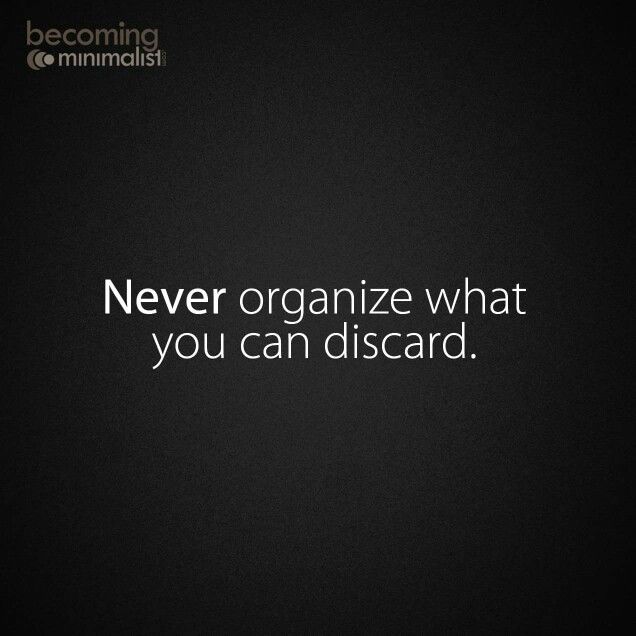I am asked often about how I stay organized. One of the tips I give is that I tidy up every day. I make sure that when something is used, it gets put away. It is the most basic way to stay organized. Keeping things tidy means you aren’t seeing clutter and “stuff”. It means the area feels light. And it looks organized.
My goal is not to keep my house looking like a museum. My goal is to live in my space, and use my space well. Returning things back to order – tidying up – so that I feel good in my home allows me to use my space well.
Being tidy also makes everything feel do-able – the next project, the rest of the day, a family meal, a good night sleep.
I think you get the picture that tidying up is an important tool that helps you stay organized. Tidying up allows you to start a day, and end a day, on an organized foot.
But here is a bit of caution I urge you to pay attention to: Tidy does not mean you don’t have too much stuff.
In other words, just because an area is tidy doesn’t mean there isn’t too much stuff inside.
Tidy clutter is still clutter.

This is where the act of minimizing comes in and where it is important to note the difference between minimizing and tidying up. Minimizing should actually precede tidying up if you want to get thoroughly organized, and stay that way.
In fact, minimizing first it will be your greatest asset when it comes time to tidying up. Tidying up is more of a breeze when you lighten your load first. {In fact, some might say that minimizing first means less to tidy up!}
Minimalism is less about quantity and more about the quality of what you own. It is about owning only what serves a purpose, and what brings a sense of joy to your life.
So when you get organized, when you question the worthiness of everything in your space and make sure it has a purpose and then a logical home, you are more conscious of what you own and why.
And then when you want to stay organized, if you question what comes in, and know why you need a particular item (and where it is going to go) before you bring it into your space, you stay organized and tidy up with ease.
When what you own has a purpose, and brings some sense of joy to your life, your space makes sense.
And it is a lot easier to keep tidy a space that makes sense.
You get more out of what you own when it has a real reason for being in your space and in your life. You also get more out of your life when you don’t waste time tidying up what doesn’t have a purpose. Minimizing is the activity that helps you decide on what matters and be deliberate with what you keep, and why.
Tidying up comes after. It is a necessary activity to staying organized. But if you do it first, you will have a false sense of order. You will start to think that tidying up by storing away things you don’t like, need, or use – however neatly – will leave you organized. But that is not necessarily the case. And that kind of “organization” is short-lived.
Tidying up clutter, over time, will eventually lead you to feel stuffed. The fact is, when you tidy up your clutter you invite in more clutter.
Don’t tidy up your clutter! Minimize what you own.
Decide what matters.
Be sure of what you are keeping, and why.
It’s then that tidying up will leave you feeling organized and light for a long time to come.




